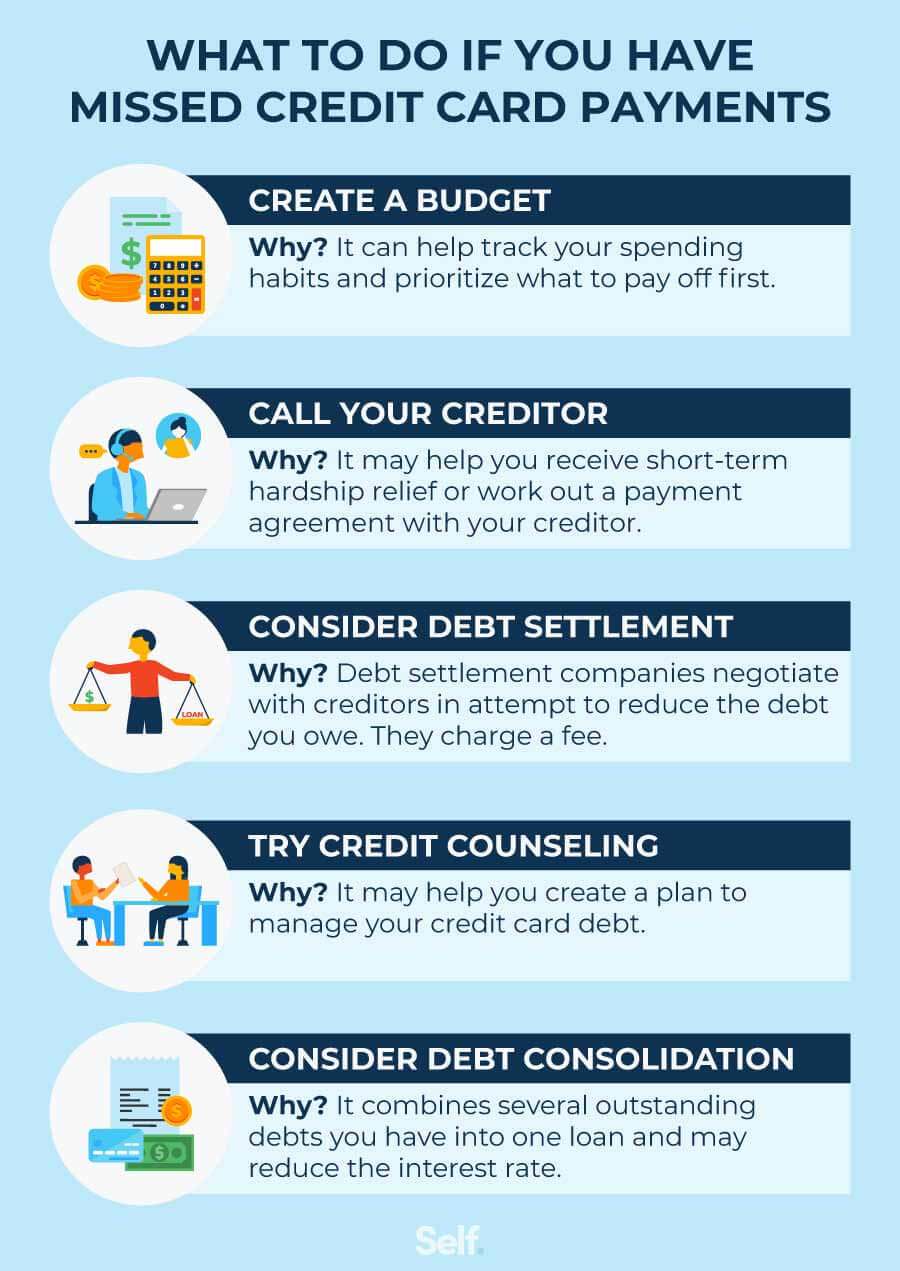Credit card debt can be a significant burden, impacting your financial well-being and overall peace of mind. Many individuals facing overwhelming credit card balances wonder what happens to the debt if they are unable to repay it. A common question that arises is whether credit card companies simply “write off” the debt. While the term “write-off” is used in accounting, it doesn’t mean the debt magically disappears. Understanding the process credit card companies undertake when dealing with unpaid debts is crucial for managing your finances effectively and exploring available options.
What Does “Write-Off” Actually Mean?
In accounting terms, a “write-off” occurs when a creditor, like a credit card company, determines that a debt is unlikely to be repaid. This doesn’t mean they forgive the debt. Instead, it’s an accounting procedure where the debt is removed from their assets column because it’s considered uncollectible. The company still retains the right to attempt to collect the debt.
The Write-Off Process: A Closer Look
Here’s a breakdown of what typically happens when a credit card company writes off a debt:
- Delinquency: The account becomes delinquent, usually after several missed payments (typically 180 days).
- Collection Efforts: The credit card company attempts to collect the debt through phone calls, letters, and other means.
- Write-Off: If collection efforts are unsuccessful, the debt is written off as a loss for accounting purposes.
- Continued Collection (or Sale): Despite the write-off, the credit card company may continue its own collection efforts or sell the debt to a debt collection agency.
What Happens After a Debt is Written Off?
Just because a debt is written off doesn’t mean you’re free from obligation. Here’s what you can expect:
- Collection Agency Contact: The debt may be sold to a debt collection agency, which will then attempt to collect the debt from you.
- Legal Action: Debt collectors can pursue legal action, such as filing a lawsuit, to obtain a judgment against you. A judgment allows them to garnish your wages or levy your bank account.
- Credit Score Impact: A written-off debt will negatively impact your credit score, making it difficult to obtain loans, mortgages, or even rent an apartment.
- Tax Implications: In some cases, the written-off debt may be considered taxable income to you. Consult with a tax professional for specific advice.
Alternatives to Defaulting on Credit Card Debt
Rather than allowing your debt to reach the point of write-off, consider these alternatives:
- Debt Management Plan (DMP): Work with a credit counseling agency to create a DMP, which involves making monthly payments to the agency, who then distributes the funds to your creditors.
- Debt Consolidation Loan: Obtain a loan with a lower interest rate to consolidate your credit card debts into a single, more manageable payment.
- Balance Transfer: Transfer your balances to a credit card with a lower interest rate or a promotional 0% APR period.
- Negotiation: Contact your credit card company to negotiate a lower interest rate or a payment plan.
FAQ: Credit Card Debt Write-Offs
Q: Will a credit card company ever forgive my debt?
A: While rare, credit card companies may consider debt forgiveness in specific circumstances, such as extreme hardship or bankruptcy. However, this is not a common practice.
Q: How long does a written-off debt stay on my credit report?
A: A written-off debt can remain on your credit report for up to seven years from the date of first delinquency.
Q: Should I ignore a debt collector if my debt has been written off?
A: No. Ignoring a debt collector can lead to legal action. It’s important to understand your rights and respond appropriately, even if the debt has been written off.
Q: Is it possible to settle a written-off debt for less than the full amount?
A: Yes, it is often possible to negotiate a settlement with a debt collector for a lower amount than what you originally owed. Be sure to get the agreement in writing.
Q: What are my rights when dealing with debt collectors?
A: The Fair Debt Collection Practices Act (FDCPA) protects you from harassment, abusive language, and false or misleading statements from debt collectors. You have the right to request validation of the debt and to request that they cease communication.

